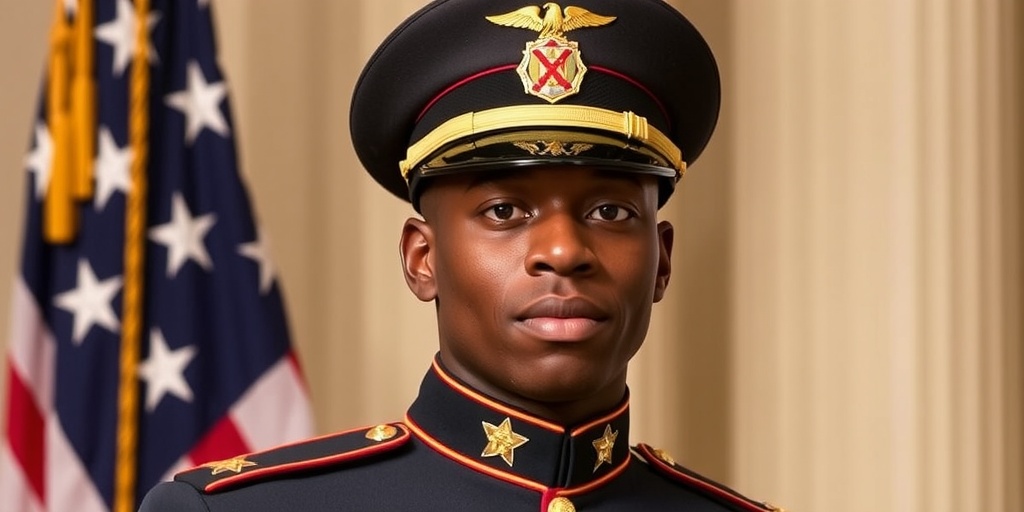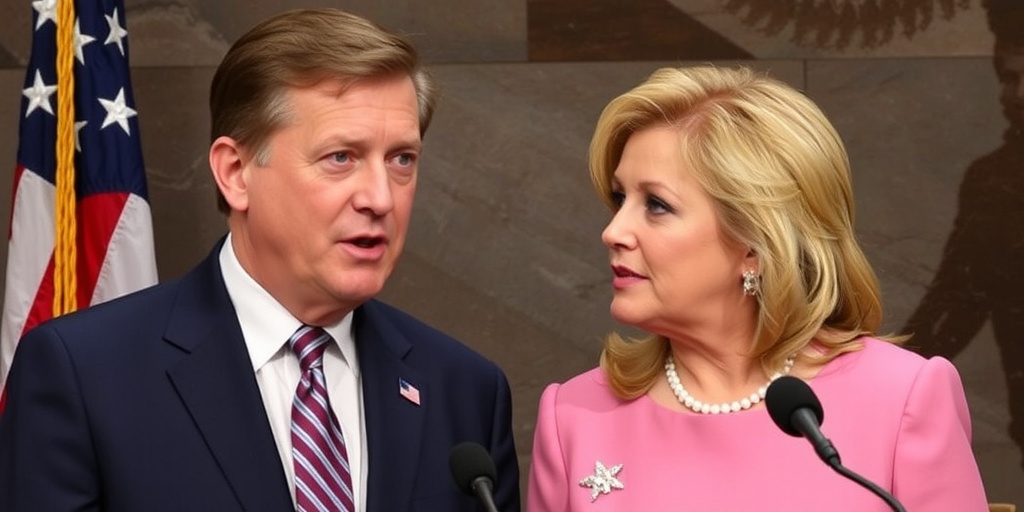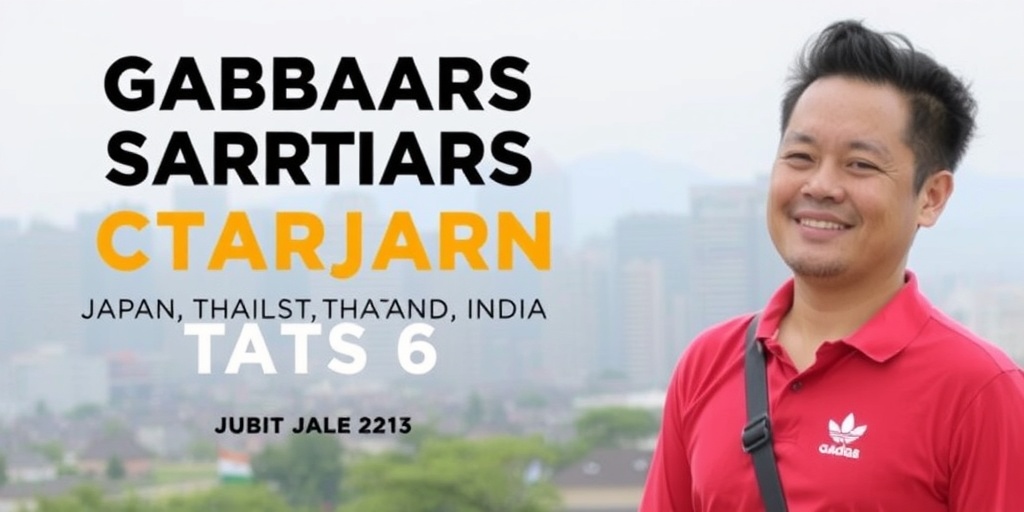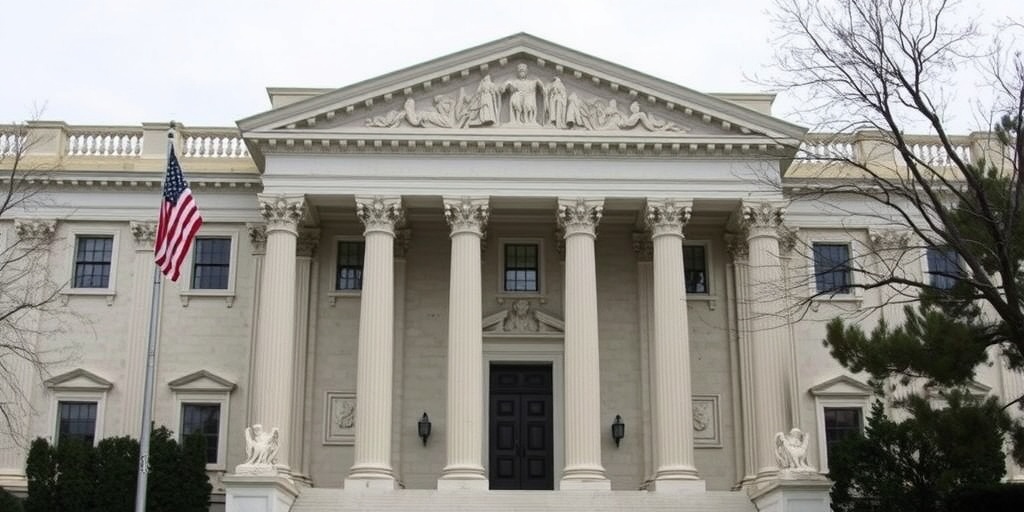Now Reading: U.S. Moves to Deport Legal Resident Mahmoud Khalil
-
01
U.S. Moves to Deport Legal Resident Mahmoud Khalil
U.S. Moves to Deport Legal Resident Mahmoud Khalil
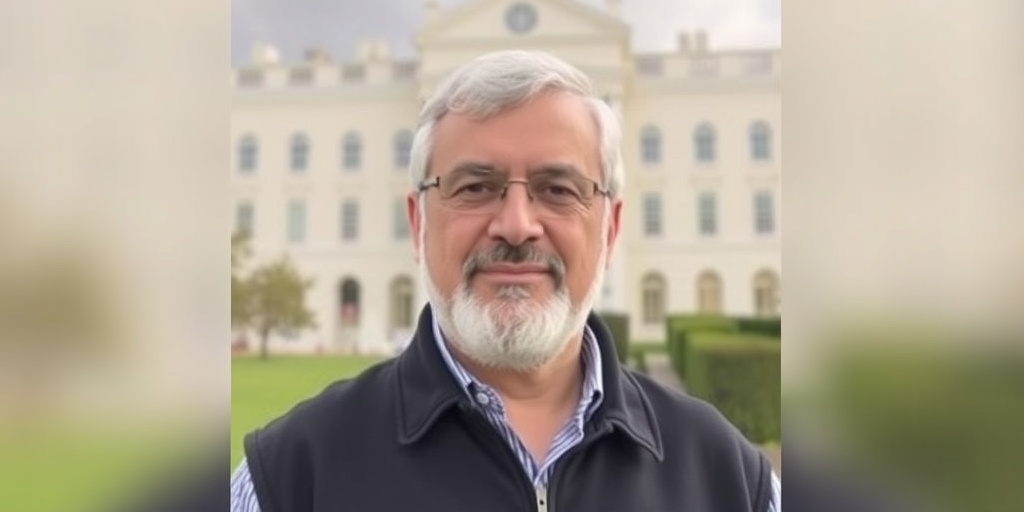
Title: Trump Administration Moves to Deport Columbia Graduate Amid Protests Against Gaza Conflict
In a contentious move that highlights the rising tensions surrounding international issues, the Trump administration has invoked an obscure immigration statute to initiate the deportation of Mahmoud Khalil, a 30-year-old permanent legal resident and recent graduate of Columbia University. This action follows Khalil’s involvement in campus protests opposing the high civilian casualties in Gaza amid Israel’s military operations against Hamas.
Khalil was apprehended by immigration officials on Saturday and has since been placed in a detention center in Louisiana. However, on Monday, a federal judge in New York, Jesse M. Furman, intervened by issuing a ruling to prohibit the federal government from proceeding with Khalil’s deportation while he reviews legal challenges regarding the legitimacy of the arrest.
Who is Mahmoud Khalil?
Mahmoud Khalil earned a master’s degree from Columbia University’s School of International and Public Affairs in December. He has Palestinian roots and is married to an American citizen who is currently eight months pregnant. Khalil emerged as a key figure in the student-led protests at Columbia, advocating for Palestinian rights and speaking out against what he described as the disproportionate violence in Gaza. He held a leadership role within the Columbia University Apartheid Divest group, which actively campaigned for the university to divest from companies allegedly complicit in supporting the Israeli military.
The Legal Basis for Khalil’s Arrest
Although the Trump administration has not publicly detailed the legal grounds for Khalil’s detention, sources familiar with the case have reported that Secretary of State Marco Rubio relied on a provision in the Immigration and Nationality Act (INA) of 1952. This provision grants the Secretary of State broad powers to expel foreigners deemed to pose a significant threat to U.S. foreign policy. Specifically, it states that any "alien whose presence or activities in the United States the Secretary of State has reasonable grounds to believe would have potentially serious adverse foreign policy consequences for the United States is deportable."
Allegations Against Khalil
The specific nature of the accusations against Khalil remains unclear, as the Trump administration has not formally charged him with any crimes. Secretary Rubio shared a statement from the Department of Homeland Security that suggested Khalil had “led activities aligned to Hamas.” However, there have been no allegations of him directly contacting or collaborating with the terrorist organization.
Instead, the administration’s rationale seems to suggest that Khalil’s protests created an environment of antisemitism on campus, conflicting with U.S. foreign policy aims that include combating such sentiments. Rubio’s claims imply that Khalil’s ongoing residency in the United States contradicts the efforts to fight against antisemitism globally.
Implications for Other Visa Holders
President Trump has indicated that Khalil’s case may set a concerning precedent, suggesting it could be “the first arrest of many to come.” However, legal experts assert that lawful permanent residents like Khalil are protected under the Constitution, which guarantees First Amendment rights to free speech and Fifth Amendment rights to due process. Consequently, the administration’s attempts to deport Khalil under the INA provision may face significant legal challenges.
What’s Next?
As this situation unfolds, it is essential to note that legal avenues are available for Khalil to contest the administration’s actions. A lawyer representing him, Amy Greer, has publicly stated her intention to vigorously challenge the deportation in court. Judge Furman has scheduled a hearing for two days after the temporary restraining order to ensure the court’s jurisdiction over the case remains intact.
Reactions from President Trump on Pro-Palestinian Protests
Since 2023, President Trump has expressed a growing intolerance for pro-Palestinian protests on college campuses, suggesting that he plans to revoke visas for international students participating in such demonstrations. During a rally in Iowa on October 16, Trump expressed outrage over perceived support for terrorism among foreign nationals at American colleges, implying that this undermines the educational experience of American students.
He declared intentions to expel "radical, anti-American, and antisemitic foreigners" participating in these protests, framing the actions as necessary to protect American values. Further comments made during campaign events emphasized his stance to eliminate the presence of "Hamas sympathizers" from U.S. academic institutions.
Khalil’s case serves as a flashpoint in the ongoing debate over immigration policy, free speech, and the rights of individuals in the context of international conflicts. As the legal battle continues, it will likely amplify discussions surrounding civil liberties and government powers in a deeply polarized environment.
Stay Informed With the Latest & Most Important News
Previous Post
Next Post
-
 01New technology breakthrough has everyone talking right now
01New technology breakthrough has everyone talking right now -
 02Unbelievable life hack everyone needs to try today
02Unbelievable life hack everyone needs to try today -
 03Fascinating discovery found buried deep beneath the ocean
03Fascinating discovery found buried deep beneath the ocean -
 04Man invents genius device that solves everyday problems
04Man invents genius device that solves everyday problems -
 05Shocking discovery that changes what we know forever
05Shocking discovery that changes what we know forever -
 06Internet goes wild over celebrity’s unexpected fashion choice
06Internet goes wild over celebrity’s unexpected fashion choice -
 07Rare animal sighting stuns scientists and wildlife lovers
07Rare animal sighting stuns scientists and wildlife lovers














